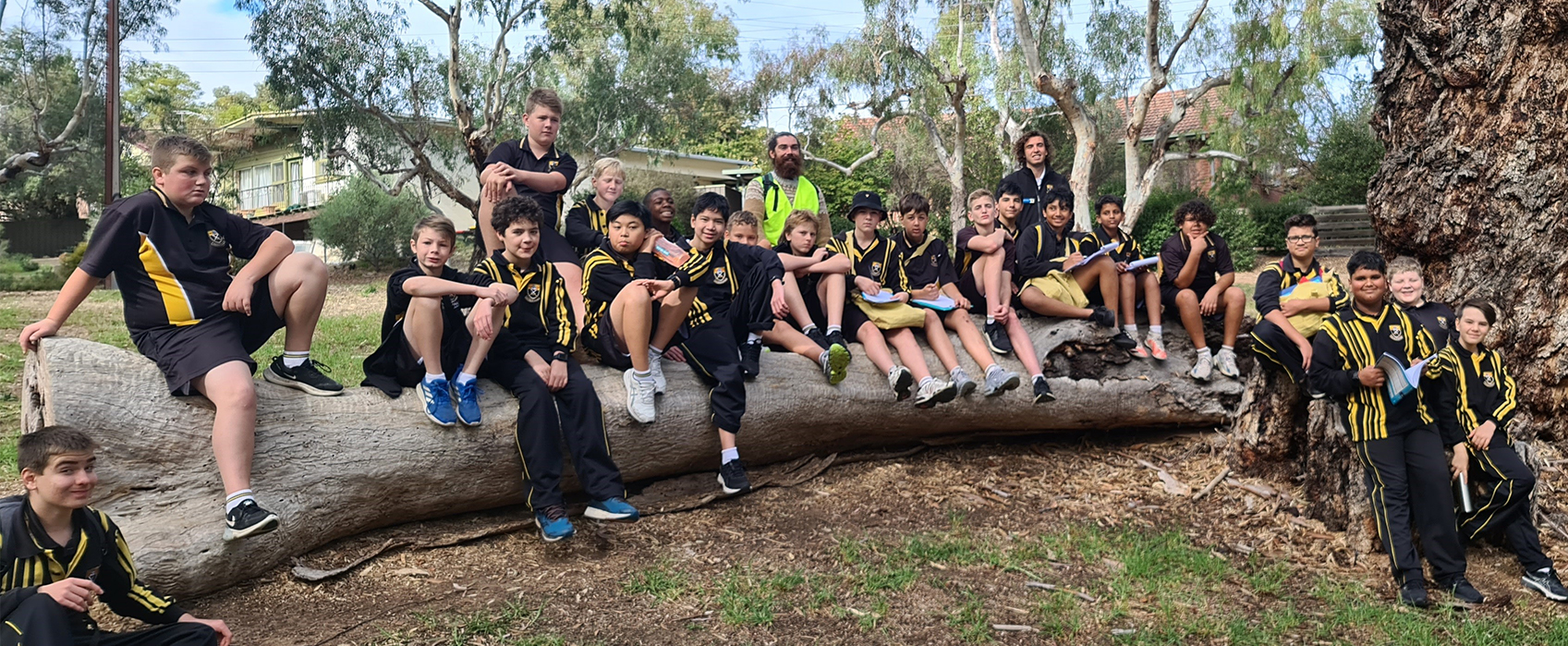
St Paul’s College, Gilles Plains will help a remote Indonesian village to be more self-sufficient after being announced as one of nine prize winners in the inaugural Andy Thomas Space Foundation Schools Challenge.
The Challenge encourages Years 7, 8 or 9 students in South Australian schools to create a project highlighting the importance and potential use of space technology in addressing the United Nations Sustainable Development Goals.
Schools are encouraged to identify a challenge or real-world problem and to propose a solution that would be useful in addressing or solving it.
St Pauls was awarded $5,000 to implement their proposed idea of exploring how space technology of vertical farming could help the people of Mangaran, a remote Indonesian village.
The village is connected by motorboat and then ferry (12-hour trip) to the city of Manado. Food, except for fish and coconut, is imported to the island, including the dietary staple rice. The village exports some dried coconut, nutmeg and cloves, but apart from services and fishing, there are few opportunities for paid employment and many of the younger generation are intent on leaving the village. Worse still, their island is a native forest that is being cut down for a palm oil production.
Students wish to develop a viable, scalable vertical garden made of readily obtainable, recyclable materials that can produce commercial quantities of rice and vegetables to reduce the village’s dependency on imported food, potentially develop an export industry and remove the need for deforestation to plant palm groves.
The local teacher in Mangaran will work with St Pauls, through a former villager now living in Adelaide, to parallel their experiments and develop the technology in-situ.
Students will research, design and construct bamboo frame vertical gardens using recycled PET bottles for planting. They will be controlled using the Space Technologies of Variable Rate Technology and Precision agriculture. Students will develop a control system powered by solar panels, to ensure optimum growth and repeatability, before creating training packages and electronic kits for the Mangaran schools.
As part of the prize, classes will be taken on a tour of the Australian Space Discovery Centre at Lot Fourteen including an interactive session with representatives of the Foundation about the Challenge project and receive the support of a mentor to implement their project.
"We are all so excited to have the opportunity to work with students in Mangaran and learn more about the space program in South Australia,” said Sue O’Malley, Leader of Learning – Middle Years STEM at St Paul’s College.
"The students have already started researching the island, climate and culture. They were happy to use their holidays to get a head start!"
Adj. Professor Nicola Sasanelli AM, Founder and CEO of The Andy Thomas Space Foundation said the Selection Committee was most impressed with the effort involved, the standard of applications from schools and the originality of the projects.
“We are delighted with the level of interest and obvious enthusiasm of all participants, and we look forward with great anticipation to seeing the project results,” said Nicola.
St Pauls, one of just three metropolitan schools to reach the finals of the inaugural Challenge, will now give a final presentation of their project along with the eight other prize winning schools at an event in Adelaide on Friday September 10.
